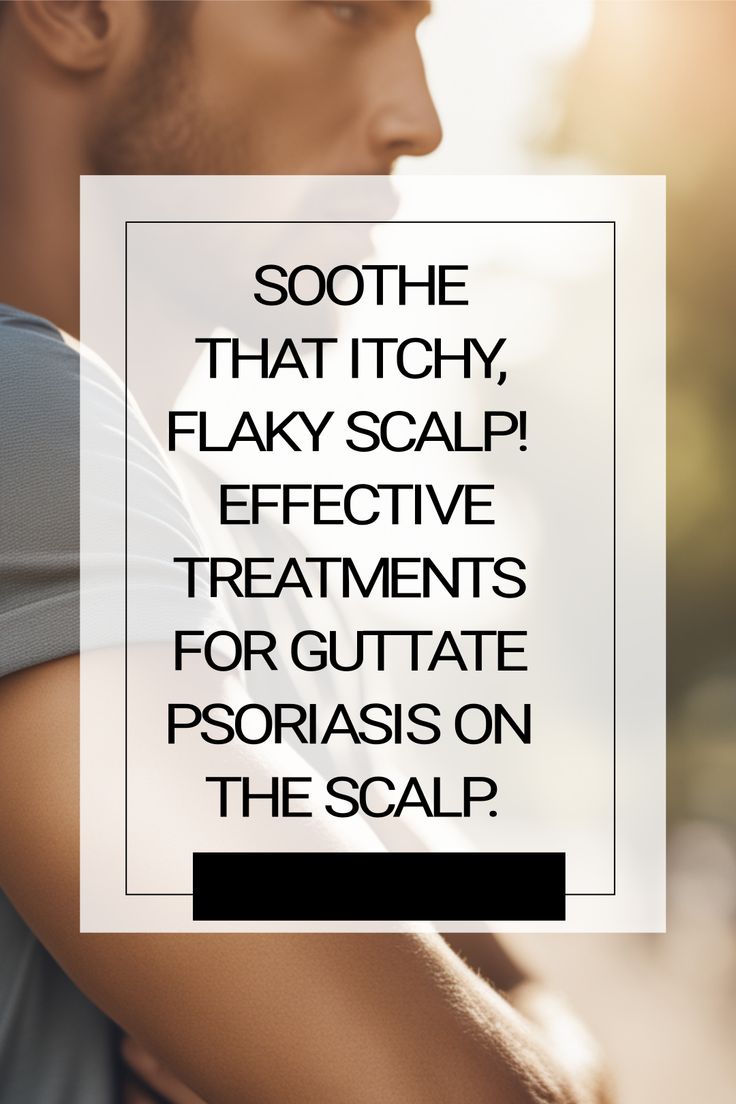Scalp psoriasis is a chronic skin condition that affects millions of people worldwide. Characterized by patches of red, itchy, and often scaly skin, scalp psoriasis can range from mild irritation to severe discomfort. Although there is no cure, there are many ways to manage the symptoms and improve the quality of life for those living with this condition.
What is Scalp Psoriasis?
Scalp psoriasis is a form of psoriasis that affects the scalp. Psoriasis itself is an autoimmune condition where skin cells multiply too quickly, leading to a buildup of cells that form scales and inflamed patches. While it can occur on various parts of the body, the scalp is one of the most common areas affected.
Symptoms of Scalp Psoriasis
The symptoms of scalp psoriasis can vary in severity and may include:
Red Patches: Raised, inflamed patches of skin that may be covered in silver-white scales.
Flaking: Skin may flake off similarly to dandruff, but is often more severe.
Itching: Persistent itching that can lead to scratching, which worsens the condition.
Dryness: The scalp may feel excessively dry, tight, or sore.
Bleeding: In extreme cases, scratching can lead to bleeding, sores, and infections.
Temporary Hair Loss: Though rare, excessive scratching or irritation can lead to temporary hair loss.
Causes of Scalp Psoriasis
The exact cause of scalp psoriasis is unknown, but it is believed to result from a combination of genetic and environmental factors. The immune system mistakenly attacks healthy skin cells, speeding up the cell turnover process, causing the buildup of plaques.
Genetics: Psoriasis often runs in families, so if a close relative has the condition, you may be at higher risk.
Triggers: Certain factors can trigger or worsen scalp psoriasis, including stress, injury to the skin, infections, cold weather, smoking, and heavy alcohol consumption.
Immune System: An overactive immune system is central to psoriasis. It accelerates skin cell production, leading to the thick, scaly patches.
Diagnosis
A dermatologist can typically diagnose scalp psoriasis by examining the skin. In some cases, a skin biopsy may be necessary to confirm the diagnosis and rule out other skin conditions like eczema or dermatitis.
Treatment Options for Scalp Psoriasis
Although there is no cure for scalp psoriasis, treatments can significantly reduce symptoms and improve the appearance of the scalp. Treatment approaches include:
Topical Treatments: These are the first line of defense against mild scalp psoriasis and include medicated shampoos, creams, ointments, and lotions. Key ingredients to look for include coal tar, salicylic acid, and corticosteroids. These help to reduce inflammation, slow down skin cell production, and soften scales.
Phototherapy: Light therapy or phototherapy may be recommended for moderate to severe scalp psoriasis. This involves exposing the affected skin to UV light, which can help slow down the growth of skin cells.
Systemic Medications: For severe cases that do not respond to topical treatments, systemic medications may be prescribed. These include oral or injectable drugs like methotrexate, cyclosporine, or biologics, which work by suppressing the immune system’s overactivity.
Biologic Treatments: Biologics target specific parts of the immune system and have been a breakthrough for moderate to severe cases. These include medications like Humira, Enbrel, and Stelara, which help in reducing inflammation and skin cell buildup.
Lifestyle Changes: Making certain lifestyle adjustments can help in managing scalp psoriasis. This includes managing stress, avoiding triggers like smoking and alcohol, and following a healthy diet rich in anti-inflammatory foods.
Home Remedies: Over-the-counter solutions such as aloe vera, apple cider vinegar, and coconut oil may provide relief for mild cases. Warm baths with Epsom salts can also help soothe itching and reduce scaling.
Managing Scalp Psoriasis
Managing scalp psoriasis involves a combination of treatments and self-care strategies. Regular follow-ups with a dermatologist are crucial to monitor the effectiveness of treatments and make adjustments as needed.
Gentle Hair Care: Using gentle, non-irritating shampoos and conditioners can help avoid further irritation of the scalp.
Avoid Scratching: While the itching may be intense, scratching can lead to more damage and potentially infections.
Scalp Moisturization: Keeping the scalp moisturized can prevent dryness and flaking. Special moisturizing products designed for psoriasis can be beneficial.
Stress Management: Since stress is a common trigger, incorporating relaxation techniques like meditation, exercise, and breathing exercises can help manage flare-ups.
















